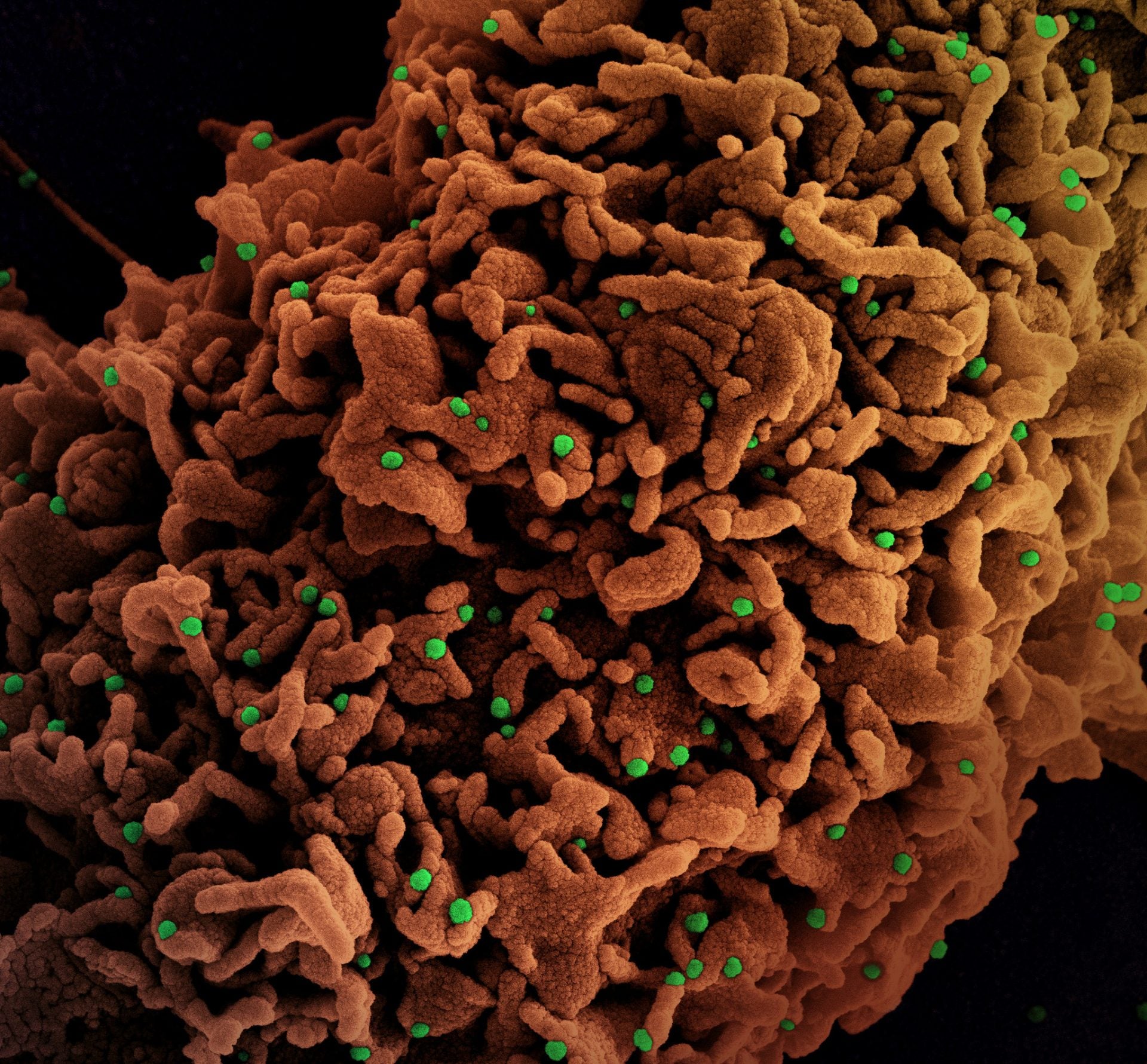
Cynata Therapeutics is all set to expand recruitment criteria in its active MEseNchymal coviD-19 (MEND) clinical trial of Cymerus mesenchymal stem cells (MSCs) in intensive care patients with respiratory failure.
The latest development comes after the company received ethics committee approval for the expansion.

Discover B2B Marketing That Performs
Combine business intelligence and editorial excellence to reach engaged professionals across 36 leading media platforms.
In the initial stage, the trial was designed to assess the early efficacy of Cymerus MSCs in Covid-19 patients admitted to intensive care.
The open-label, randomised, controlled trial will now analyse the early efficacy of Cymerus MSCs in patients with respiratory failure.
It can now enrol patients with respiratory failure arising from other causes, such as influenza, with Covid-19 no longer a requirement.
This move could help expand the pool of potential participants for the trial, considering the present state of control of the Covid-19 in Australia.

US Tariffs are shifting - will you react or anticipate?
Don’t let policy changes catch you off guard. Stay proactive with real-time data and expert analysis.
By GlobalDataCynata plans to have 24 adult intensive care patients with respiratory distress or compromised lung function at certain hospitals in the country.
Cynata chief operating officer Dr Kilian Kelly said: “This expansion will increase the number of patients eligible for recruitment into this trial, which is designed to investigate the potential benefits of our MSCs in treating these severely ill patients.”
In a separate development, the National Institute for Health Research (NIHR) in the UK has granted Urgent Public Health (UPH) prioritisation to UNION therapeutics’ PROTECT-V trial of UNI91103, a niclosamide-based nasal spray for Covid-19 in kidney patients.
The treatment candidate, which is being developed for prophylaxis and treatment of Covid-19, can potentially inhibit SARS-CoV-2. Niclosamide has shown to avert fatal outcomes in a murine challenge model of Covid-19 when administered intranasally.
With this development, the trial will now get infrastructure support which will aid in the accelerated recruitment of patients in the study.
UNION co-founder professor Morten Sommer said: “We are pleased that our Covid-19 programme has achieved this important recognition through the UPH prioritisation of the PROTECT-V study as it paves the way for a faster and more efficient conduct of the trial.”





